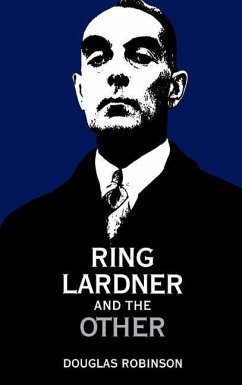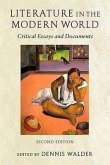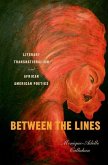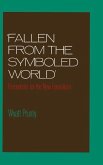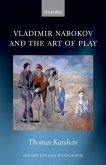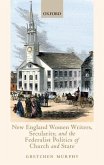Newspaper columnist, sports writer, and author of short stories, Ring Lardner was one of the most popular personalities of the early twentieth century. Douglas Robinson combines careful psychological and cultural analysis to present an important reappraisal of this critically neglected American author. Robinson's study offers an exploration of Lardner's life and work. He presents a long, in-depth reading of a single short story, "Who Dealt?", as well as a briefer look at several others. He explores the contradictions of Lardner's patriarchal masculinity - how such a dour, sexist alcoholic who hated humor and bad grammar could have created such a rich body of minoritarian writing, steeped in the emergent voices of women and the lower middle class - and the social functions served by Lardner's writing in twentieth-century America. Ring Lardner and the Other is so titled because it is also an investigation of the "Other", in an expanded Lacanian sense: the speaking of various unconscious voices (mother and father and child, culture and anarchy, majority and minority) through literary characters and their authors and readers. Looking at this element in Lardner's work, Robinson exfoliates Lacan's germinal concept of the Other by interweaving it with a series of theoretical formulations by Bateson, Deleuze and Guattari, and others. Steeped in masculine psychology and the emancipatory agenda of the profeminist men's movement, the book also engages in dialogue with feminist voices and features in the Appendix an essay by Ellen Gardiner. The first postmodern reading of Ring Lardner, this study emphasizes the complexity and diversity of the voices upon which Lardner drew in his writing. Thus, inaddition to the expected literary-critical readership, it will interest Americanists concerned with modernism, with vernacular humor, and with the Chicago school, as well as literary theorists interested in integrating psychoanalytic with cultural criticism.

